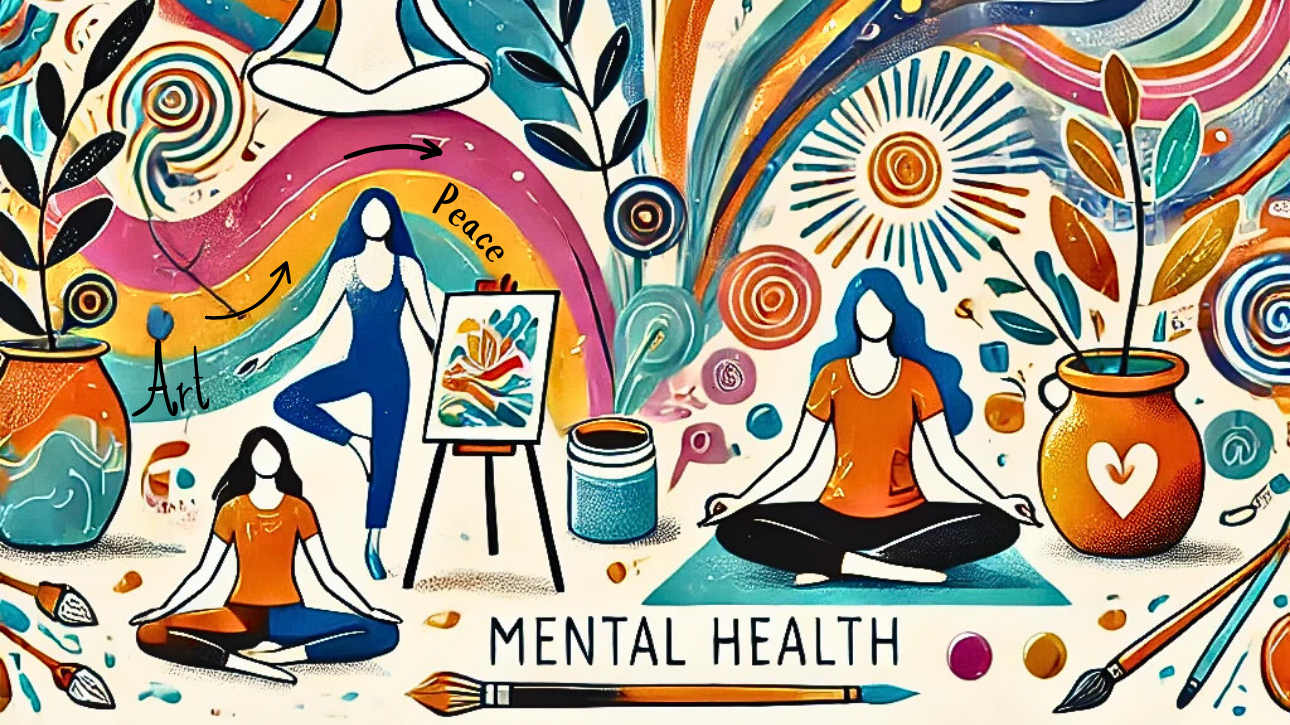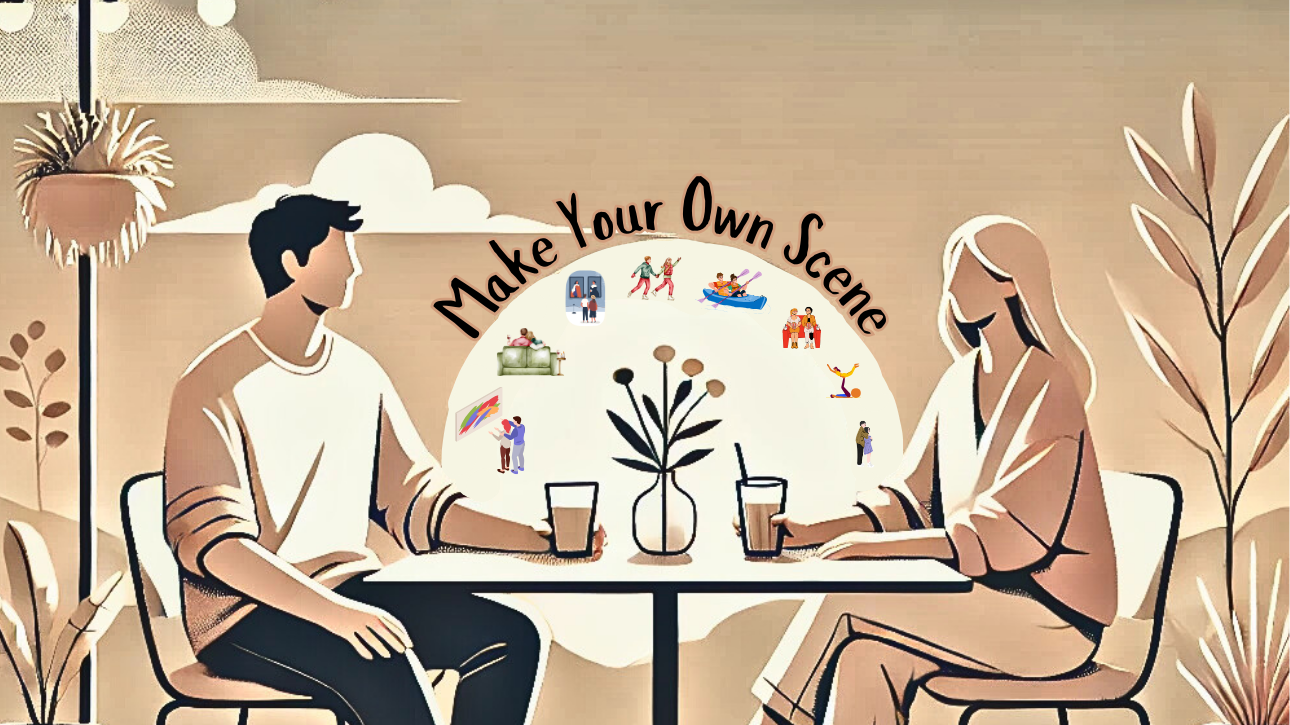
MENTAL HEALTH BENEFITS OF EXPERIENTIAL LEARNING & CREATIVE WORKSHOPS
In today’s high-paced world, mental well-being is essential for a balanced and fulfilling life. Experiential learning and creative workshops—like painting, yoga, and pottery—offer a unique way to foster mindfulness, manage stress, and improve mental health. Research backs this up: engaging in creative or immersive activities can have a profound impact on both emotional and physical well-being, making it a powerful, accessible form of self-care.
1. Stress Reduction and Mindfulness
Creative activities, such as painting or pottery, are known to reduce stress. A study published in Art Therapy: Journal of the American Art Therapy Association found that engaging in creative activities helps lower cortisol levels, the hormone associated with stress. Even short periods of creative expression can lead to reduced anxiety and improved mood. By focusing on hands-on activities, participants can enter a state of “flow,” a form of mindfulness that promotes mental clarity and relaxation.
2. Boosting Emotional Resilience
Yoga, as well as other mind-body practices, has been widely studied for its impact on emotional resilience. The American Psychological Association has documented that yoga, through its combination of movement, breathwork, and meditation, can lead to improvements in self-regulation, increased emotional awareness, and enhanced coping skills. Practicing yoga and other forms of experiential learning in group settings also provides social support, reinforcing a sense of community and shared experiences that can alleviate feelings of isolation.
3. Encouraging Self-Expression and Creativity
Engaging in creative workshops gives individuals the opportunity to express themselves, even without words. Art activities like painting or clay modeling let participants channel their thoughts and emotions into tangible forms, which can be especially helpful for people struggling with stress or past trauma. According to research from the National Center for Biotechnology Information (NCBI), creative self-expression can boost emotional health by helping people explore and process complex feelings.
4. Cognitive Benefits and Mental Clarity
Beyond emotional benefits, experiential learning activities can boost cognitive functioning and enhance memory retention. Studies have shown that activities requiring concentration, like working on detailed art projects or practicing complex yoga postures, improve cognitive flexibility and increase mental clarity. Pottery, for example, involves fine motor skills, spatial awareness, and creativity, all of which engage the brain and can lead to long-term cognitive benefits.
5. Enhanced Life Satisfaction
A significant benefit of engaging in creative workshops or experiential learning is the sense of accomplishment and life satisfaction it brings. Participating in enjoyable and productive activities fosters a sense of achievement, elevating one’s self-esteem and overall mood. According to research from the Journal of Positive Psychology, experiences that engage both the mind and body contribute to lasting happiness and well-being, as they offer fulfilling, memorable interactions rather than fleeting material satisfaction.
Bringing It All Together
Experiential learning and creative workshops offer a variety of mental health benefits, from reducing stress to enhancing emotional resilience and cognitive functioning. By taking time to immerse oneself in hands-on activities, individuals can promote mindfulness, foster community, and ultimately improve their quality of life.
If you’re looking to dive into creative and experiential activities, Scene Booking offers a variety of workshops and events that can support your mental well-being and introduce you to fulfilling new hobbies. Visit Scene Booking for more details on our workshops and classes tailored to promote well-being and creativity.
Share with us in the Comments: When was the last time you experienced an art activity and which activity was it ?


